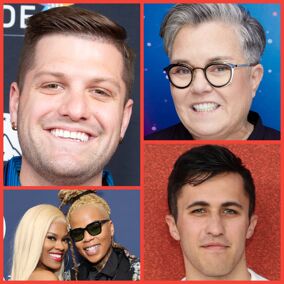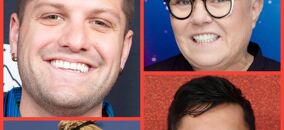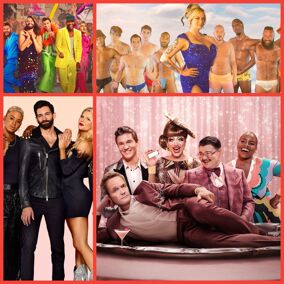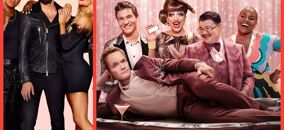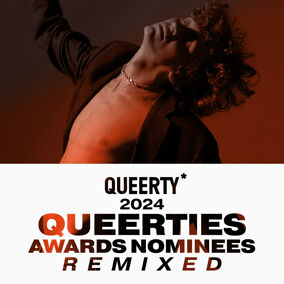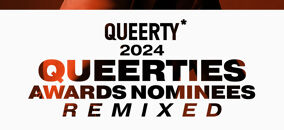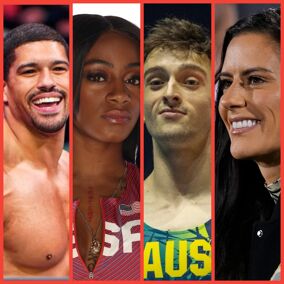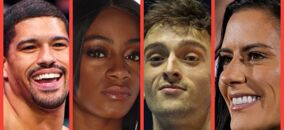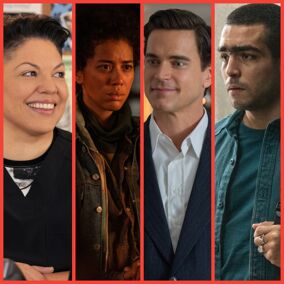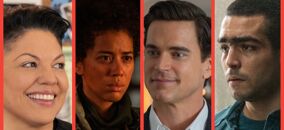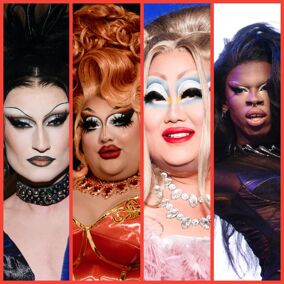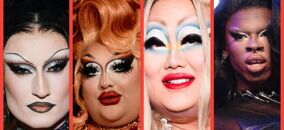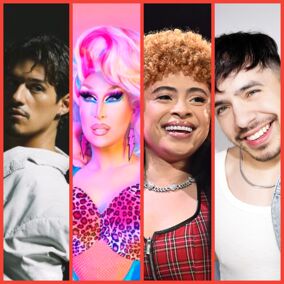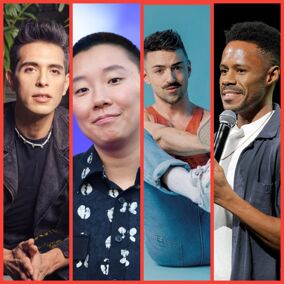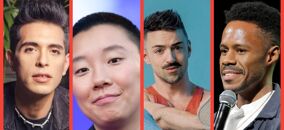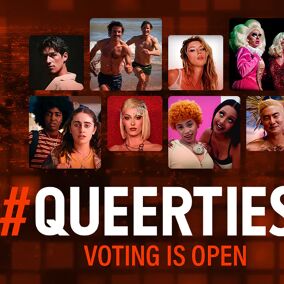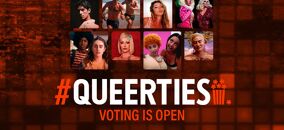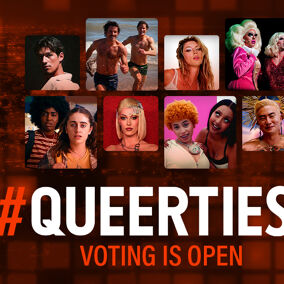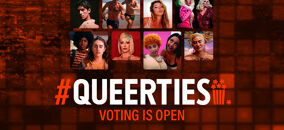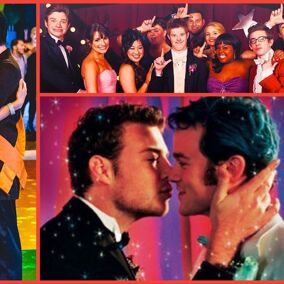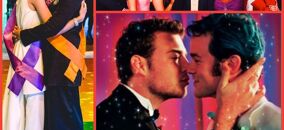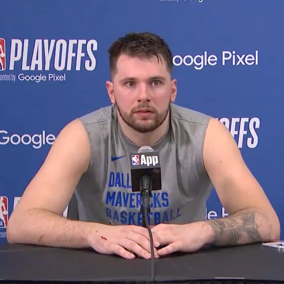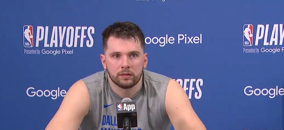On those long winter nights in the bygone era when the freedom to marry seemed nothing more than a dream, there were great filmmakers around to remind us to keep love and hope alive, not just for romance in our own lives, but for political and social change.
On screen and in the popular imagination, Jack and Ennis are bigger gay archetypes than Leopold and Loeb ever were, and a pair of romantically involved, same-sex thirtysomethings are more likely to have kids these days than homicidal tendencies.
Related Posts: Countdown to Equality
Here’s a list of movies with some archetypal gay romances that were ahead of their time or, to paraphrase MLK, a lagging indicator on the arc light of human justice.
How about we take this to the next level?
Our newsletter is like a refreshing cocktail (or mocktail) of LGBTQ+ entertainment and pop culture, served up with a side of eye-candy.
Eight of the best…
1. Maurice (1987)
Maurice, based on the novel by gay writer E. M Forster, was maybe the first really big mainstream, overtly gay romantic movie, and what a heart-bursting romance it is. The lavish Merchant-Ivory production is set in turn-of-the-last-century England where Maurice, played by James Wilby, gets it on with fellow Cambridge coed Hugh Grant, who throws Maurice over when the gayness threatens his place in society. Enter young and wet Rupert Graves as estate gamekeeper Alec, AKA trade, through Maurice’s bedroom window on a stormy night. The film’s last words, uttered by the rough boy: “Now we shan’t never be parted.”
2. The Crying Game (1992)
Neil Jordan’s The Crying Game is a gay/trans love story wrapped in a political thriller set during the Troubles, or the Northern Ireland conflict. When Irish Republican Army recruit Stephen Rea has to execute a political prisoner, his captive’s plea to protect his girlfriend if he dies haunts him; soon enough Rea is wrapped up with pretty Jaye Davidson, who, much to Rea’s initial revulsion, turns out not to be what he expected. Rea takes a fall and goes to prison for the new love: “It’s in my nature.” That’s meta, and she will be waiting.
3. The Wedding Banquet (1993)
A decade before Brokeback, director Ang Lee’s first feature was the story of a good Chinese son trying to keep his parents happy and his white boyfriend a secret. He finds a match in a penniless artist looking for a green card, but the parents aren’t placated by the City Hall marriage; a lavish and traditional wedding banquet is ordered. Followed by the drunken good son getting seduced by his faux wife, who gets pregnant, and his stroke-addled father handing the white boyfriend a red envelope, acknowledging it’s the boys who are the real committed couple. Goosebumps.
4. Rent (2005)
In the movie version of the Millennial musical Rent, three and a half of those five hundred twenty five thousand six hundred minutes in a year are devoted to a love song featuring Idina Menzel’s Maureen, the bisexual performance artist, and Tracie Thoms as Joanne, her on-again, off-again uptight Harvard-educated lawyer girlfriend. In “Take Me Or Leave Me,” the two battle through their engagement party like Katharina and Petruchio in Taming of the Shrew, trying to define what will make their marriage work, or else: “Take me for what I am, Who I was meant to be, And if you give a damn, Take me baby or leave me.” And they both leave, so there! But get back together because it’s all about “Seasons of Love,” Jonathan Larson.
5. Brokeback Mountain (2005)
Director Ang Lee rode back into a gay love story on author Annie Proulx’s horse for Brokeback Mountain, with Heath Ledger as Ennis Del Mar and Jake Gyllenhaal as Jack Twist, two terrific actors with very evocative character names. Brokeback is remarkable for being one of cinema’s greatest love stories despite the carnage wrecked by its protagonists; who can forget the flash of recognition on Michelle Williams’ face as she figures out what Ennis is up to, or the saucer eyes of denial on Anne Hathaway’s. It’s not the boys fault, of course, it’s in their nature. “Jack, I swear…”
6. The Kids Are All Right (2010)
In the thoroughly modern domestic drama The Kids Are All Right, by Lisa Cholodenko, Annette Bening and Julianne Moore are a married couple living in L.A. with two teenage kids by each mom and the same sperm donor. Enter dad Mark Ruffalo, and complications, the kind the pair didn’t have giving birth or dealing with a father figure. That plot device raises all kinds of questions about nature and nurture, and opens all kinds of doors about honesty and fidelity, which Bening and Moore stumble through just like any other married couple. Isn’t it romantic?
7. Weekend (2011)
Weekend, by Looking‘s Andrew Haigh and starring Tom Cullen and Chris New, is a very simple and very intense two days with two guys who meet in a gay club on a Friday night. The morning after they have sex in Russell’s apartment, Glen convinces his hook-up to record his impressions of the experience, which comes around to bookend the movie. But what’s great about Weekend isn’t the plot, it’s the feeling of the thing: the languid moments in bed, the tentativeness interacting with a stranger, the passion that comes with exploring a new body. Like Glen and Russell, in alternating moments of hope and dread as they think they’re getting to know each other, we want the relationship to succeed so badly we can taste it in the popcorn. Sure, Glen gets on a train on his way to Oregon to be an artist, but we know he’s coming back.
8. Blue Is the Warmest Colour (2013)
Blue Is the Warmest Colour, or La Vie d’Adèle – Chapitres 1 & 2, written and directed by Abdellatif Kechiche, is based on a graphic novel by Julie Maroh and stars Adèle Exarchopoulos and blue-haired Léa Seydoux, who introduces the former to ecstasy, and, later in the film, what feels like the inevitable corollary: complete and utter agony. Before then, there are some of the most erotic and explicit sex scenes maybe ever committed to film, but as affecting or maybe more so is a scene toward the end when Emma throws Adéle out of their apartment in a rage so fierce and consuming that Adéle can only register every verbal blow like a gunshot. Are they getting back together? Prolly not, but the sex was amazing, so who knows.
![]()
Don't forget to share:








